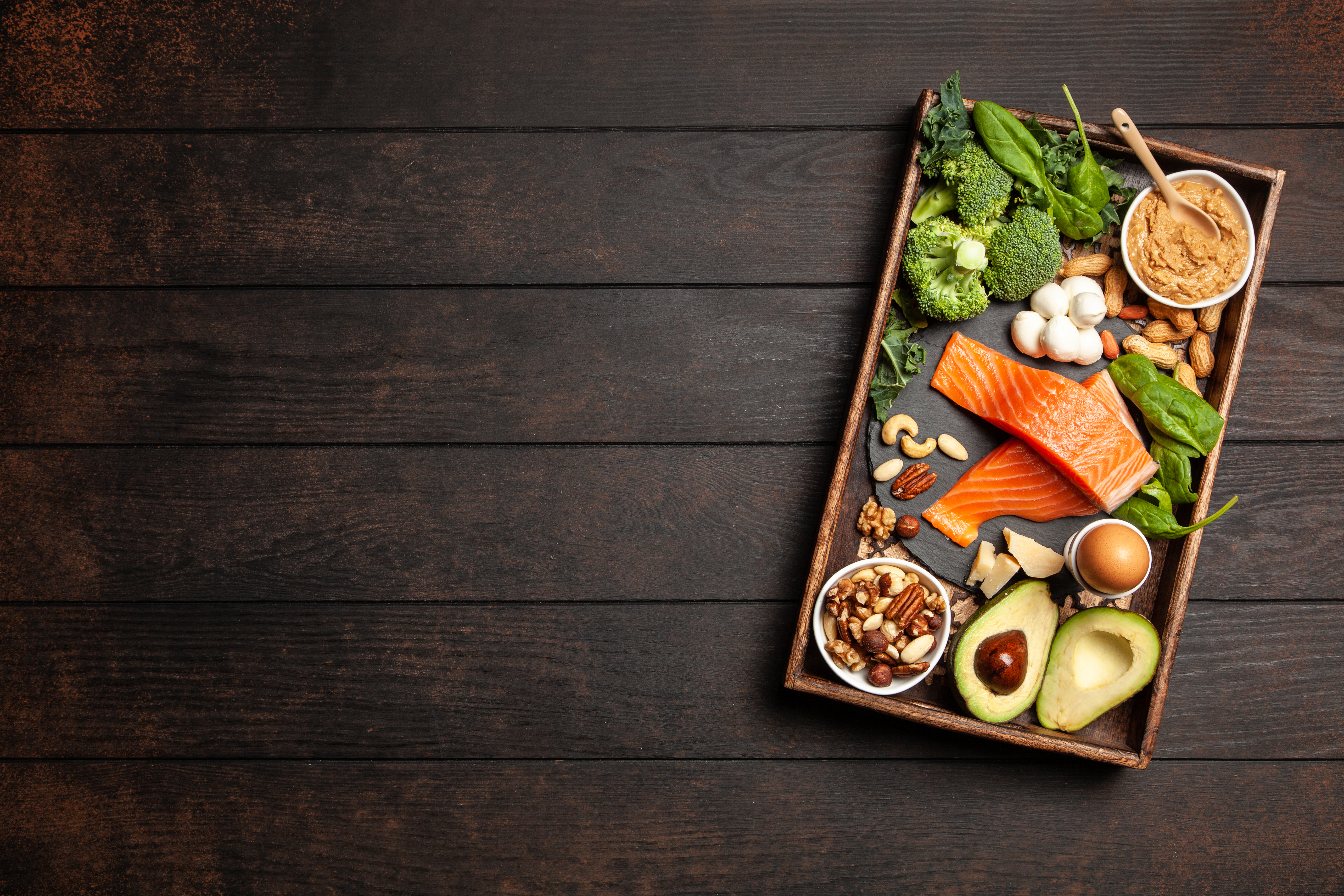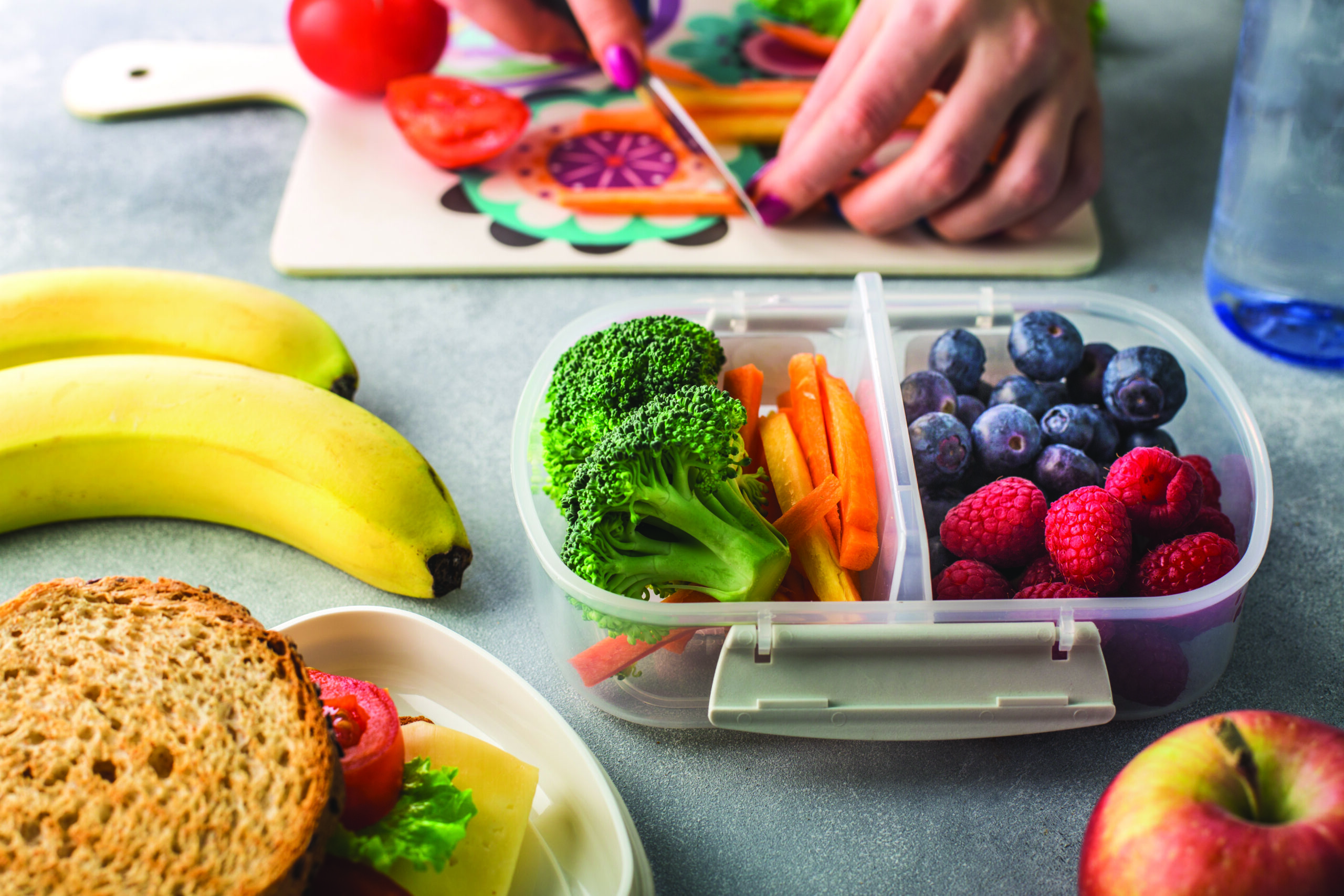by Sarah Buron
Eating more mindfully and balanced has risen in popularity in recent years and for good reason. Consuming protein as a food source allows you to feel fuller longer, without a crash to follow. Also, studies suggest that consuming protein within two hours after a workout helps to prevent muscle soreness and stimulate muscle repair.
How much protein do we need? Factors such as muscle mass, weight, gender and age play a role in how much you should consume on a daily basis. However, most meals should contain at least 10 grams of protein. Why? This will provide balance to your blood sugar levels and is helpful for the digestive process. Meat is not the only protein source available. Here are four great alternatives:
Lentils, legumes, quinoa and beans. These are flavorful and inexpensive alternatives that can act as a “filler” to soups, stews or as sides. A ¹∕³ cup serving will generally provide you with the 10 or more grams of protein. They are also an excellent source of vitamins and minerals, such as magnesium and iron. As for quinoa, it’s loaded with fiber and about six grams of protein per serving. Black beans and kidney beans contain slightly more than the 10 grams and are a great addition to any chili.
Protein powders. Powders and supplements tend to get a bad rap at times, however, they are a convenient way to provide a power-packed punch of protein in today’s fast-paced world. If you blend protein powder into a shake or smoothie, you can also add in other foods such as your favorite fruit, spinach (another great protein source and you won’t even taste it!), almond butter or even chia seeds to balance it out. Not every powder is created equal though, so be sure to read the back of the package to compare ingredients and nutritional information.
Eggs. Though eggs have been seen as the enemy due to claims about cholesterol levels, they are a great source of protein. Play around in your spice cabinet to see which one will add great flavor to your eggs. You can also add salsa or hot sauce. The next time you order a burger at your favorite bar or restaurant, skip the bun and request to add an egg to the top. Don’t knock it until you try it! Consuming the burger with a fork will also force you to eat a little slower as a result.
Vegetables. All vegetables contain some protein, even if in small amounts. If you aim to have a serving of vegetables as part of each meal, you will, in turn, get a little extra boost of protein, while also energizing your body and feeling fuller without the crash. There are many convenient veggie options that can be microwaved in a bag (add a little garlic salt & pepper when they’re finished) or buy them fresh & roast them in the oven on a baking sheet with salt, pepper & olive oil. Experiment with different vegetables and you’re likely to find a few favorites that you can incorporate into your daily meals.








Leave A Comment